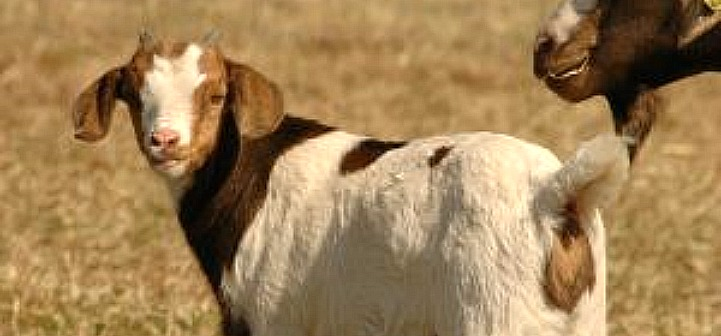Endophytes are fungi that live inside some grass plants, most commonly tall fescue and perennial ryegrass. They have a symbiotic relationship with the grass plants they inhabit — thanks to endophytes, infected grasses have increased growth rates, increased drought tolerance, and resistance to certain insects. Unfortunately, these fungi also produce toxins that can affect livestock health.
Signs of fescue toxicosis in ruminants such as goats result from the vasoconstrictive properties of the main toxic agent, ergovaline. Signs can include lameness,

